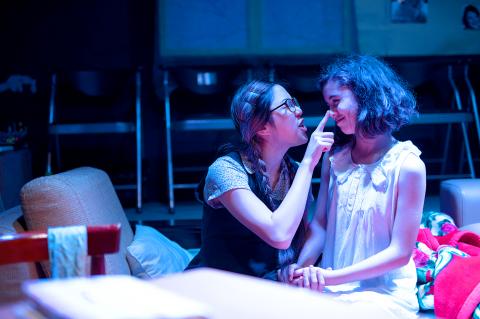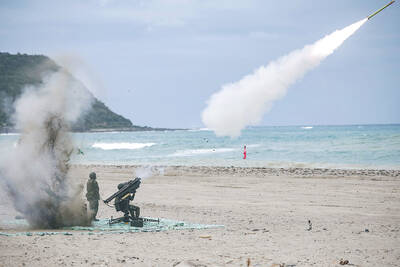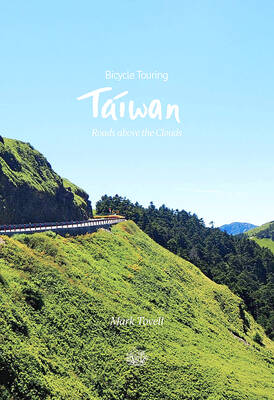To close out Butterfly Effect Theatre’s season, director Brook Hall has a clear winner with Wendy Kesselman’s 1997 adaptation of The Diary of Anne Frank.
In the brief space of two hours, Kesselman’s powerful script condenses the narrow world that eight Jews in hiding (the Frank and Van Daan families and a dentist) endure for two years. We experience the full range of tension, emotion, sacrifice and resilience that living long-term in close quarters demands. We also sympathize with them, firstly as fellow human beings and secondly as Jewish refugees as they endure this hardship.
Hall has a competent cast with DC Rapier playing the strong patriarchal Otto Frank, who keeps all on an even keel regardless of circumstances. At the outset, he lays down the “daytime rules of absolute quiet” — no shoes, or noise, not even a flushing of the toilet, lest anyone in the workplace below hear suspicious sounds. Sarah Brooks plays his wife Edith, the harried mother who strives to provide support while also reining in the exuberant Anne.

Photo courtesy of Lee Hsin-che
Individual wants must be sacrificed, yet at times selfishness appears. Deni Carson plays a contrasting Petronella, the stereotypical “Jewish Princess” who married down to Herman Van Daan, played by Barry Hall. Tensions boil and arguments erupt when he sells her precious fur coat for needed supply money. Daniel Chang (張靈) is their sensitive son Peter who parries the prying Anne. He also gives Anne her first kiss.
Camryn Rowe excels in the pivotal role of the inquisitive and sensitive Anne. Full of vibrant energy and varied emotion, she engagingly bounces around the set to the delight and annoyance of all as she gives gifts or accidentally spills a drink on Petronella’s fur coat. Sandra Li (李友珊) on the other hand handles the heavy challenge of Anne’s restrained and dutiful sister Margot.
Finally, David Zen (曾達文) delights as a hypochondriac dentist who hates cats, yet must share the flat with one. Viola Wang (王敏姿) and Jason Little serve as the helpful Dutch friends who bring in news and much-desired goods from the outside world.
Kudos as well to Anton Botes whose sound effects and positive music score balance the play’s heavy ending while Yang Chih-yi (楊之儀) delivers on the encompassing multi-level, multi-room set in which all must be crammed.
An upcoming tour is scheduled next year for Taipei, on April 13 to April 15 and Tainan on May 19 and May 20.

In late October of 1873 the government of Japan decided against sending a military expedition to Korea to force that nation to open trade relations. Across the government supporters of the expedition resigned immediately. The spectacle of revolt by disaffected samurai began to loom over Japanese politics. In January of 1874 disaffected samurai attacked a senior minister in Tokyo. A month later, a group of pro-Korea expedition and anti-foreign elements from Saga prefecture in Kyushu revolted, driven in part by high food prices stemming from poor harvests. Their leader, according to Edward Drea’s classic Japan’s Imperial Army, was a samurai

The following three paragraphs are just some of what the local Chinese-language press is reporting on breathlessly and following every twist and turn with the eagerness of a soap opera fan. For many English-language readers, it probably comes across as incomprehensibly opaque, so bear with me briefly dear reader: To the surprise of many, former pop singer and Democratic Progressive Party (DPP) ex-lawmaker Yu Tien (余天) of the Taiwan Normal Country Promotion Association (TNCPA) at the last minute dropped out of the running for committee chair of the DPP’s New Taipei City chapter, paving the way for DPP legislator Su

It’s hard to know where to begin with Mark Tovell’s Taiwan: Roads Above the Clouds. Having published a travelogue myself, as well as having contributed to several guidebooks, at first glance Tovell’s book appears to inhabit a middle ground — the kind of hard-to-sell nowheresville publishers detest. Leaf through the pages and you’ll find them suffuse with the purple prose best associated with travel literature: “When the sun is low on a warm, clear morning, and with the heat already rising, we stand at the riverside bike path leading south from Sanxia’s old cobble streets.” Hardly the stuff of your

April 22 to April 28 The true identity of the mastermind behind the Demon Gang (魔鬼黨) was undoubtedly on the minds of countless schoolchildren in late 1958. In the days leading up to the big reveal, more than 10,000 guesses were sent to Ta Hwa Publishing Co (大華文化社) for a chance to win prizes. The smash success of the comic series Great Battle Against the Demon Gang (大戰魔鬼黨) came as a surprise to author Yeh Hung-chia (葉宏甲), who had long given up on his dream after being jailed for 10 months in 1947 over political cartoons. Protagonist